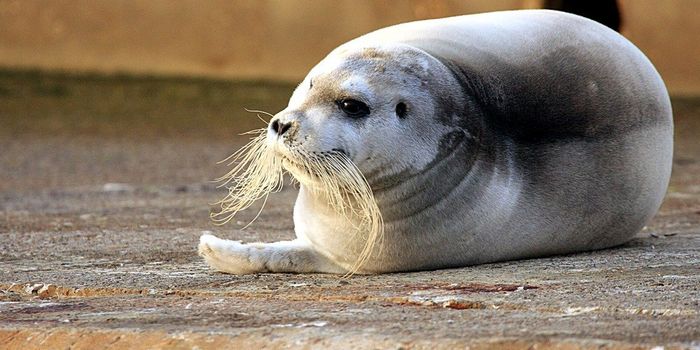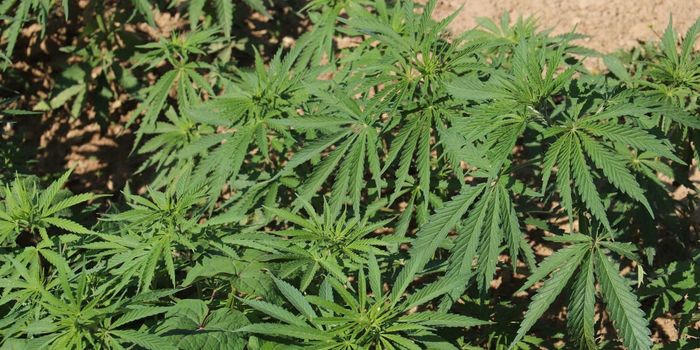Rates of food allergies and sensitivities are increasing every year, and Brenda Watson from Natural Health Breakthroughs says that this trend shows no signs of slowing down. In addition to the numbers of allergies increasing, the reactions to allergies like peanuts are becoming increasingly severe. And when a severe reaction occurs in a young child, the result can be frightening for parents.
For example, young Zayden Smith was first discovered to be allergic to peanuts, but before long he and his parents realized - unfortunately - he was allergic to a lot more. For children like Smith and their families, a severe lifestyle change is necessary, and it can be hard to know what to eat and what not to eat. Experts estimate that only fifteen percent of children will outgrow their peanut allergies compared to allergies like milk and egg, which children often grow out of.
Scientists are looking at the role of the immune system. During an allergic reaction, the immune system reacts to a protein in food, producing antibodies that target the protein as if it were a dangerous pathogen. To prevent severe reactions, including anaphylactic shock, a person must inject epinephrine. This is often done via the so-called "epi pen."
Mary Ann Lila, PhD, Director of the N.C. State Plants for Human Health Institute (PHHI) at the NC Research Campus in Kannapolis, North Carolina, and her team of researchers are looking at one way to potentially overcome peanut allergies, at least in part. Their research involves modifying peanut flour so the protein won't cause an allergic reaction.
Watch the video for more information.
Sources: Natural Health Breakthroughs, Plants for Human Health Institute








